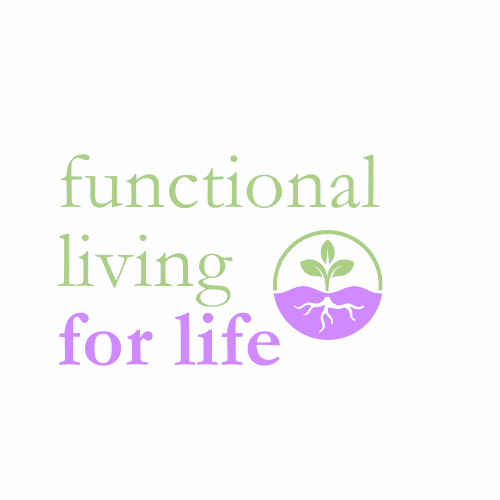An introduction to health & well-being
Whether you aim to accomplish specific health objectives or maintain overall wellness, you possess the ability to positively impact your health outcomes. In our fast-paced, screen-filled world, the idea of “healthy living” can feel overwhelming or even elusive. A healthy lifestyle comes from simple, consistent habits that anyone can begin today.
Health vs. Disease
According to the World Health Organization (WHO), health is a “state of complete physical, mental, and social well-being and not merely the absence of disease.” Diseases are medical conditions characterized by specific signs and symptoms. They can be long-term (chronic) or short-term (acute), localized to one area or spread throughout the body (systemic). Lifestyle factors can influence some diseases and may aid their prevention. Following these fundamental principles may contribute to overall health and well-being.
1. 🥗 Nourish Your Body with Whole Foods
What you eat directly impacts how you feel—physically, mentally, and emotionally. A diet rich in whole, minimally processed foods gives your body the nutrients it needs to function optimally.
Key tips:
- Fill half your plate with colorful fruits and vegetables.
- Choose whole grains (like quinoa, brown rice, oats) over refined grains.
- Incorporate healthy fats from sources like nuts, seeds, olive oil, and fatty fish.
- Stay hydrated, water is vital for digestion, energy, and skin health.
2. 🏃♀️ Move Your Body Daily
Regular physical activity boosts energy, improves mood, strengthens muscles, and reduces the risk of chronic diseases. You don’t have to be a gym-goer to stay active.
Suggestions:
- Aim for at least 150 minutes of moderate weekly exercise (e.g., brisk walking).
- Mix in strength training and flexibility exercises.
- Find an activity you enjoy—dancing, hiking, swimming, or even gardening count.
3. 😴 Prioritize Quality Sleep
Sleep isn’t a luxury, it’s a necessity. Lack of rest affects everything from immune function to mental clarity and emotional regulation.
Sleep hygiene essentials:
- Stick to a consistent sleep schedule.
- Avoid screens at least 30 minutes before bed.
- Keep your bedroom cool, quiet, and dark.
- Limit caffeine and heavy meals in the evening.
4. 🧠 Care for Your Mental Health
Mental well-being is a cornerstone of healthy living. Managing stress, staying emotionally connected, and nurturing self-esteem are all part of the equation.
Practices to try:
- Mindfulness or meditation
- Journaling your thoughts and feelings
- Speaking with a therapist or counselor
- Staying socially connected with friends and loved ones
5. 🚭 Make Conscious Lifestyle Choices
Certain habits can undermine even the healthiest routines. Evaluate your lifestyle for behaviors that could hold you back from full wellness.
Be mindful of:
- Smoking or excessive alcohol use
- Too much screen time or sedentary behavior
- Overcommitting or neglecting self-care
- Ignoring regular medical checkups
6. 📚 Keep Learning and Adapting
Health isn’t static; it evolves as you age, change jobs, move, or face new challenges. Staying open to learning and adjusting your habits ensures long-term wellness.
Keep growing:
- Stay curious about health and science updates
- Try new recipes, workouts, or relaxation techniques
- Reflect regularly on how your habits make
Surviving vs. thriving
Health can be seen in two different ways: surviving and thriving. Surviving means doing the necessary actions to stay alive, while thriving means actively managing one’s health and aiming for optimal well-being. Achieving optimal health involves making consistent, daily decisions that vary from person to person and can lead to improved health outcomes.
Healthy living isn’t about perfection. It’s about progress, balance, and consistency. Small, sustainable changes in your daily routine can add up to a lifetime of vitality. Wherever you’re starting from, remember: every healthy choice you make is a step toward a better you.
References
Farhud, D. (2015). Impact of lifestyle on health. Iranian Journal of Public Health, 44(11), 1442–1444.
National Institutes for Health. (2019, February 1). Mental illness. Retrieved from https://www.nimh.nih.gov/health/ statistics/mental-illness.shtml
World Health Organization. (n.d.). World Health Organization Constitution. Retrieved May 6, 2020, from https://www.who. int/about/who-we-are/constitution




